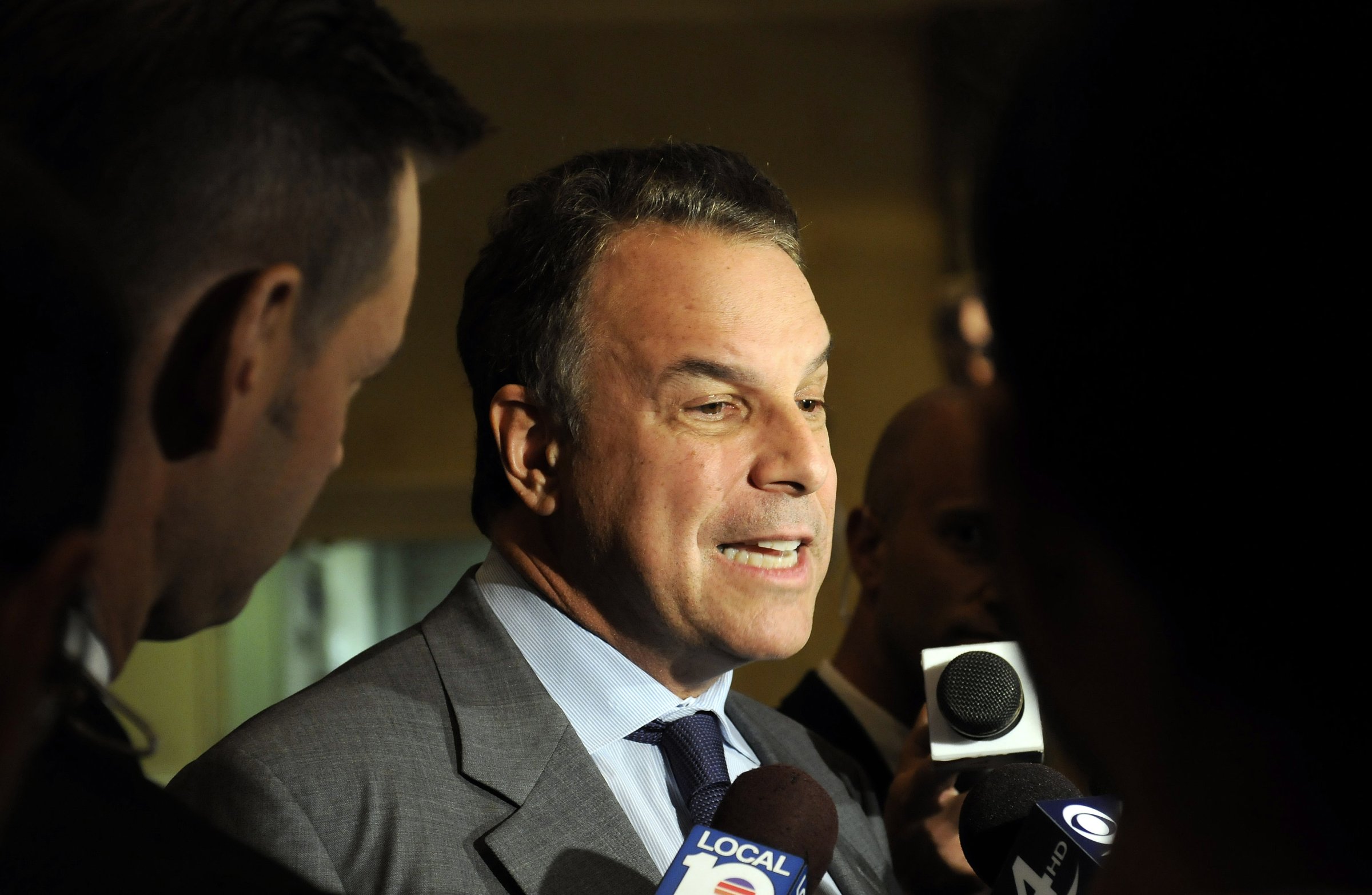
Jeff Greene is worried—very worried—about the negative impact smarter technology is having on carbon-based life forms. That means you and me.
Greene, who made his billions investing in real estate—and betting against sub-prime mortgages—said the burgeoning use of artificial intelligence (also known as machine learning) is already costing people jobs. And things are only going to get worse.
“Artificial intelligence, software, computers, and robots are taking over the workplace, and what will happen more and more is the American worker is going to be marginalized,”,” Greene said during an appearance on CNBC SquawkBox Thursday. “The American worker is going to be producing a product which has no value.”
This is a bad thing not just for the woebegone workers individually, but society as a whole. Fewer people with money means fewer buyers of goods and services.
In hopes of prompting more discussion around this notion, Greene will host “Closing the Gap,” an invitation-only conference next month. Speakers will include NYU economist Nuriel Roubini, former British prime minister Tony Blair, and former congressman Eric Cantor. Also attending, Greene said, will be such diverse personalities as film maker Oliver Stone, hedge fund magnate Paul Singer, and former Apple chief executive John Sculley.
Particularly worrisome to Greene is that neither political party is addressing this core issue. Republicans want to cut taxes, Democrats want free higher education, but neither side talks about whom new businesses will employ and where all those college grads will find work as jobs get automated out of existence.
“The current model isn’t working; we have to reinvent our economy,” Greene said. New businesses coming online may employ people to sweep the floors and a few to be CEOs, but they will hardly hire anyone in between, he said. “All those jobs in between are going away,” he said, noting that he had worked his way up the ladder at a hotel when he was a kid.
Meanwhile, U.S. tech companies—like Google, Apple, and Microsoft —are honing ever-better machine learning that enables computers to drive cars and determine not only who we are but what our emotional state is based on facial images.
The idea that automation hurts jobs is not new. Academics have long noted that the flip side of better productivity tools, from spreadsheets to robots, is that they replace workers. The difference between 20 years ago and now is that artificial intelligence and machine learning have just gotten much better, which means self-learning machines are taking over more skilled positions.
And as noted before, fewer workers means fewer pay checks, which translates to less buying power for all the goods and services provided by this increasingly automated workforce. That, presumably, will be bad for everyone—including the big companies enabling all this automation.
This article originally appeared on Fortune.com.
More Must-Reads from TIME
- Why Trump’s Message Worked on Latino Men
- What Trump’s Win Could Mean for Housing
- The 100 Must-Read Books of 2024
- Sleep Doctors Share the 1 Tip That’s Changed Their Lives
- Column: Let’s Bring Back Romance
- What It’s Like to Have Long COVID As a Kid
- FX’s Say Nothing Is the Must-Watch Political Thriller of 2024
- Merle Bombardieri Is Helping People Make the Baby Decision
Contact us at letters@time.com